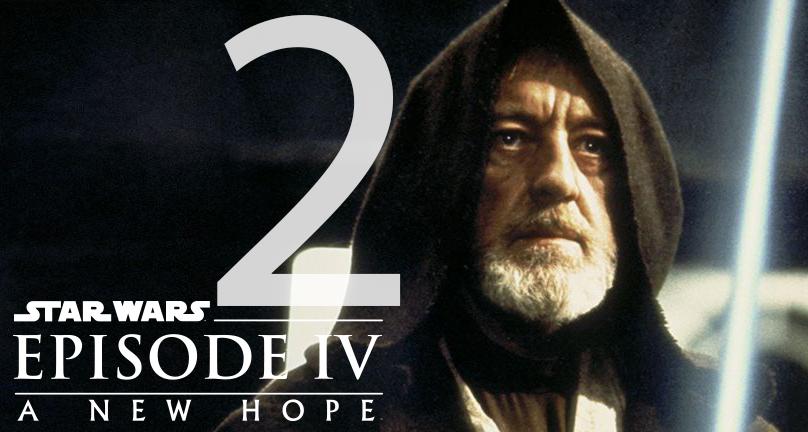BY SAM DUNHAM (’17)
The holiday season is upon us and that means only one thing. No, not presents or sledding or chestnuts roasting on an open fire. Star Wars returns to the big screen yet again, and promises to be bigger and better than ever.
But before we look to see what Disney puts under our tree this year, it is only appropriate that we reflect on the Star Wars of Christmas (and Summers) Past. This science-fiction franchise has been a centerpiece of Hollywood since the 70s, and to this day is perhaps the most quotable and recognizable brand in all of America. Whether it’s the iconic lines, beloved protagonists, or infamous villains, everyone remembers Star Wars for something. Through its ups and downs, this timeless story has been just that: timeless. So without further ado, here is every Star Wars film ranked from worst to best.
Note: Not included in these rankings are the two animated films “Star Wars: The Clone Wars” and “Star Wars: Clone Wars” (yes, there’s a difference) since they are not a part of the complete saga. Also excluded is the 1978 “Star Wars Holiday Special”, a movie so horrendous that it should never be associated with any Star Wars list.
This was a movie that truly revolutionized the sci-fi genre for decades to come. With a low-budget, non-cooperative actors, and a tight schedule, George Lucas managed to turn this seemingly bizarre idea (Which was originally supposed to be a Flash Gordon film) into one of the greatest and most beloved science-fiction movies of all time.
There is little to complain about with “A New Hope”. Admittedly, some of the effects are a bit dated as it was made almost forty years ago. However, because of the reliance on practical effects rather than CGI, most of the movies’ action and visuals still hold up remarkably well.
This was a time when George Lucas was actually working hard. Maybe it was the fact that everything was against him that inspired to create a masterpiece. Much like Peter Jackson with Lord of the Rings or Coppola with Apocalypse Now, truly great movies seem to come from trial and tribulation rather than an excess of money and resources.
To read Dunham’s previous rankings:















































